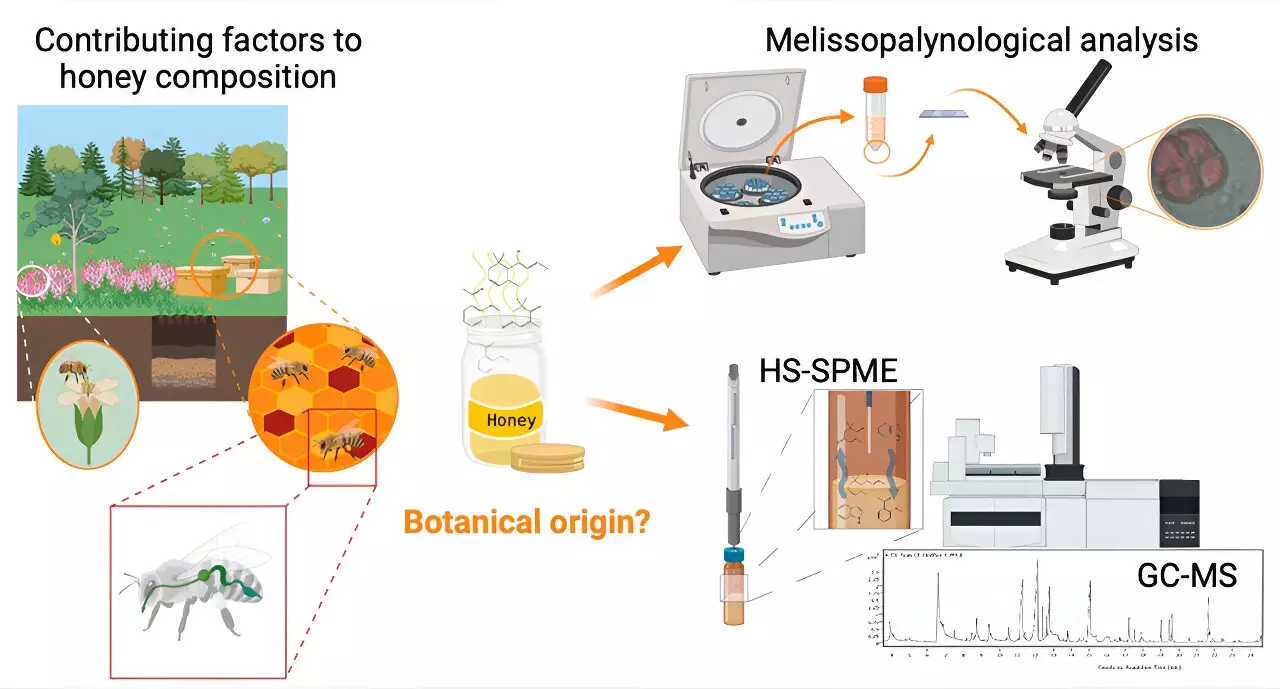The rich history of perfume making reaches back over three millennia, with its earliest roots found in the professional practices of Tapputi-belat-ekalle, who holds the esteemed title of history’s first chemist. As documented on clay tablet inscriptions from the Middle Assyrian period, Tapputi led a team of skilled female perfumers in ancient Mesopotamia, today’s Iraq and Iran. Tasked with creating exquisite fragrances for royalty, Tapputi pioneered techniques that blend artistry with the meticulous science of chemistry. Understanding her contributions is essential for grasping how the art of perfumery has evolved while still remaining tethered to its historical foundations.
The Science Behind the Scent
Perfumes, at their core, are composed of complex layers of notes that tantalize the senses — a harmony of aromas that can evoke memories, spark inspiration, and even alter moods. These scents come from volatile compounds produced through intricate extraction processes perfected over the centuries. Tapputi’s pioneering work included methods such as decoction, infusion, and maceration, techniques that utilized water and other solvents to extract the essence of fragrant plants and flowers.
Among the key processes that has survived through time is distillation, discovered by Tapputi and crafted with a meticulous sequence of heating and cooling. This delicate art involves the transformation of liquid into vapor—an elegant dance between states of matter where chemical properties dictate the volatility of scent compounds. These fundamental methods still resonate in contemporary perfume creation, showcasing how timeless practices remain relevant in today’s complex fragrance landscape.
The Role of a Modern “Nose”
In the present day, perfumers, often referred to as “noses,” exemplify a fusion of creativity and scientific expertise. These professionals possess the acute ability to discern the nuanced interplay of various scent molecules, crafting perfumes that are not merely pleasing to the nostrils, but also evoke specific emotional responses. Their craft involves blending and measuring volatile compounds, assessing their interaction and stability over time.
In the context of industries beyond perfumery, trained noses contribute to sensory analysis in food and cosmetics, providing insights into how aroma influences product perception. The delicate balance between art and science manifests in their work, as they utilize both intuitive artistry and empirical data to design scents that resonate deeply with human psychology.
Modern Technological Innovations in Aroma Research
Cutting-edge advancements, such as the development of electronic noses—or e-noses—are revolutionizing the field of aroma analysis. These sophisticated devices mimic human olfactory senses, effectively screening aromas for their characteristic molecular fingerprints. This innovation holds promising potential across several fields, from diagnosing diseases influenced by volatile compounds to enhancing quality control in food production.
As technology continues to advance, researchers are collaborating across disciplines to unveil the intricate chemistry behind nature’s fragrances. Understanding the aromatic profiles of products, such as honey, offers insight into the plants and ecosystems that contribute to our sensory experiences. The delicate relationship between the aroma of natural substances and their origins emphasizes the importance of preserving biodiversity for the richness of future perfumes.
The Emotional Tapestry of Fragrance
Beyond the technical aspects lies the profound psychological influence of fragrance on human emotions. Scents are intricately tied to memories, evoking feelings ranging from nostalgia to exhilaration. Recent studies delve into the connections between our olfactory senses, brain function, and emotional responses, shedding light on how specific aromas can alter our behavior and elevate our experiences.
Within ancient cultures, fragrances were revered not only for their beautifying properties but also for spiritual significance. They often served as offerings to deities during rituals, representing a sensory bridge between the physical and spiritual realms. This historical interplay highlights perfume as a medium through which humans have sought to connect with the divine and enhance their understanding of the world around them.
Fragrance continues to play a vital role today, with modern complexities enriching our sensory landscapes. The exploration of scent ultimately reflects a desire for deeper connections—whether with ourselves, with nature, or with others.
Reviving the Craft: A Personal Journey into Perfumery
With the resurgence of interest in artisanal and personalized fragrances, now is an opportune moment for enthusiasts to embrace the age-old practices that Tapputi innovated. The allure of crafting one’s perfume offers an immersive experience that is both artistic and deeply personal. By learning from ancient techniques, individuals can take creative liberty in concocting unique scents that reflect their identities.
As we honor the legacy of pioneers like Tapputi, the invitation remains open to explore the enchanting world of perfumery. Whether through experimentation, education, or sheer curiosity, there lies an endless expanse of fragrance waiting to be discovered. Each scent reveals a story, a memory, and perhaps even a whisper from the past, waiting to find resonance in the present.

